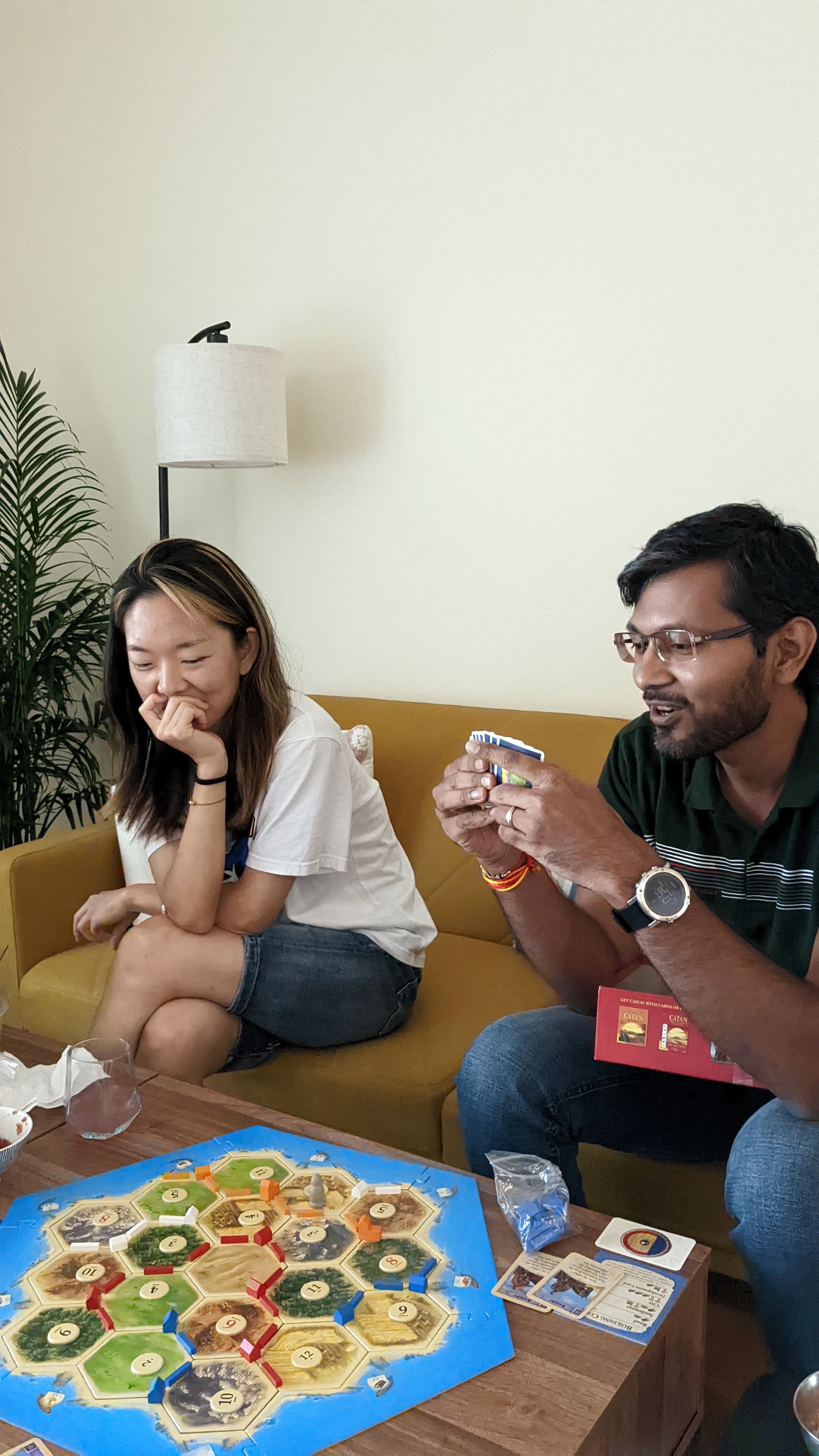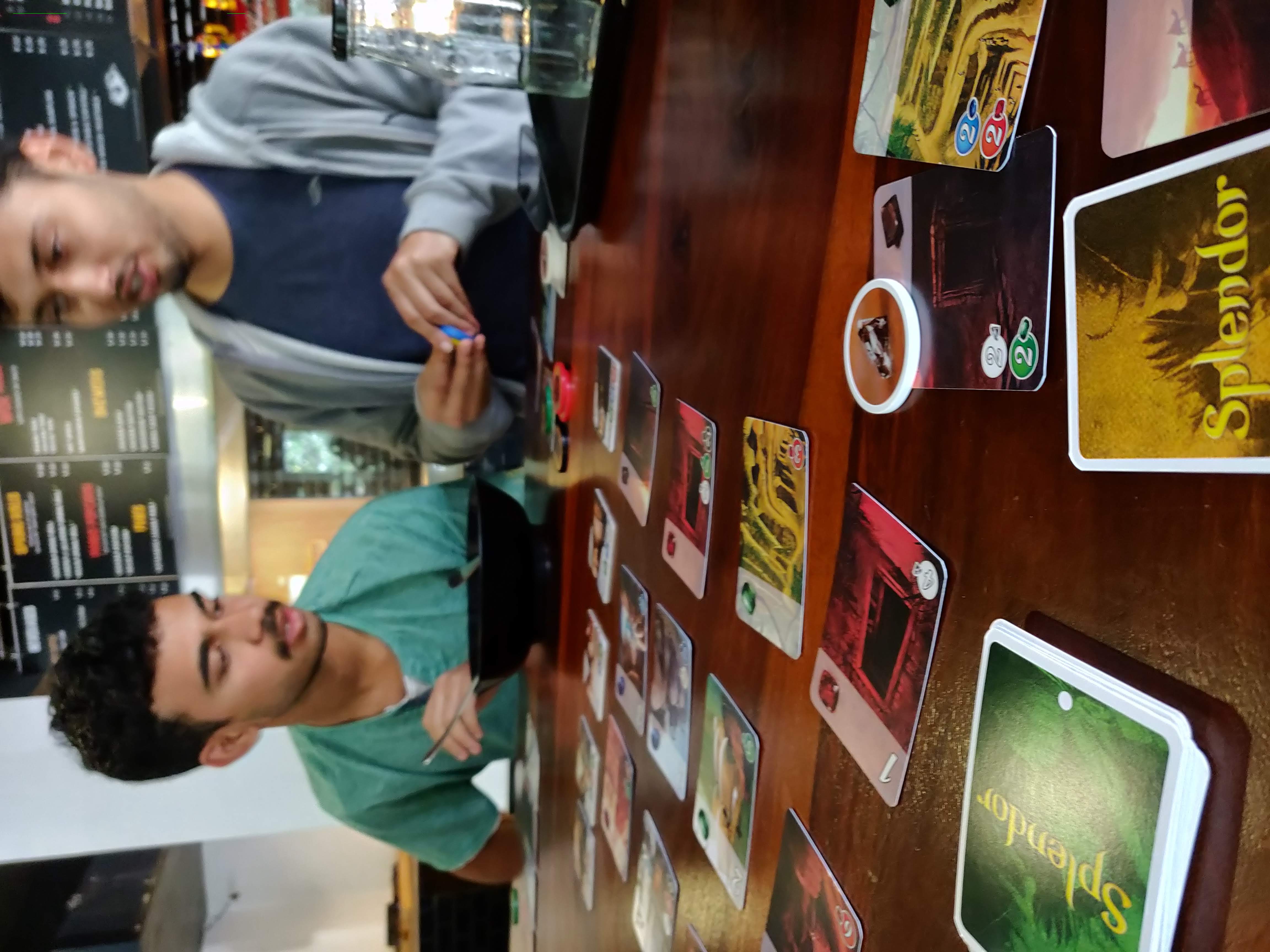Board Games for Strategy





When we think of strategy education, we often envision business schools, war colleges, or corporate training programs. But after playing some classic board games, I realized that there is a lot more in common between the classes I was taking during my MBA and the skills that needed to be applied in the games. These are some of the skills I saw in common:
1. Critical Thinking and Planning
Board games like Chess, Go, and Risk are the epitome of strategic planning. These classics compel players to think several moves ahead, evaluating the potential consequences of their actions. Chess, for instance, isn’t just a game of immediate moves; it’s about envisioning the endgame from the very start. This kind of forward-thinking is invaluable in strategy education.
Take Elon Musk’s orginal Tesla strategy - It was meticulously phased, beginning with the launch of the high-end Tesla Roadster, which demonstrated that EVs could be fast, desirable, and luxurious. This initial success was designed to fund the development of more affordable models. Next, Tesla introduced the Model S, a premium sedan that offered both luxury and extended range, further establishing the brand’s credibility. The ultimate goal was to produce mass-market electric vehicles. Alongside this, Musk invested heavily in building a comprehensive ecosystem, including the Supercharger network and the Gigafactories for vertical integration of critical parts.
2. Resource Management
Games such as Settlers of Catan and Agricola revolve around the efficient management of resources. Players must decide how to allocate their resources—be it wood, wheat, or sheep—to maximize their chances of winning. This mirrors real-life scenarios where budgeting and prioritization are key to success. Players learn to make trade-offs and optimize their resources, a fundamental aspect of strategic planning.
For instance, Google prioritizes projects based on their potential for growth and innovation. High-potential projects receive more resources and top talent, while less critical projects receive fewer resources or are shelved. In fact, you can find the whole list of full-feldged products that were Killed by Google. RIP Hangouts.
3. Teamwork and Collaboration
Cooperative board games, such as Forbidden Island and Pandemic, require players to work together towards a common goal. These games highlight the importance of communication, collaboration, and collective strategic planning. In a world where teamwork is often the cornerstone of success, these games offer invaluable lessons in working effectively with others.
If you’ve ever played Catan, you might have noticed how the ‘trading’ team dynamics go from friendly to adversarial as the game moves on. A similar dynamic exists in business startegy and is described as growing the pie versus slicing the pie. An on a more game-nuance level, I’d likely trade lumber and bricks in the second half of the game, but not ore or grain. We learnt of a similar concept in my “Allainces and Cooperative Strategy” elective where alliances are built to be broken. When I wrote my initial class paper on analogies between marriages and corporate allainces, my professor reminded me that alliances don’t intend to last forever. Marriages atleast try to. For instance we looked at how the movie producers worked shared resources to build distribution technology while still competing in the film making business.
4. Adaptability and Flexibility
In the realm of strategy, adaptability is key. Games often introduce elements of randomness and changing conditions like mystery cards, forcing players to adjust their strategies dynamically. This teaches the importance of being flexible and adaptable—crucial traits in an ever-changing world.
Uber for instance is thought of as an app or a product, but its business model is far from that of a widget/product company. At the very least, it is indirectly a service company since the value is in transporting the passenger, even if done through its ‘contractors’. But apart from that, Uber’s adaptability is evident in how it navigates regulatory challenges worldwide. As a disruptor in the transportation industry, Uber has faced numerous legal and regulatory hurdles. By adapting its business model, engaging in negotiations, and complying with local regulations, Uber has managed to expand its services globally despite these challenges.
And flexibility need not be reactive. Take Zara for instance, that has made flexibility its core competency. Their success in fast fashion is largely due to their adaptable supply chain. By keeping production in-house and close to its headquarters, Zara can rapidly respond to fashion trends and customer demands which allows Zara to bring new designs from the runway to retail shelves in weeks, outpacing competitors.
5. Risk Management
Assessing and taking risks is a fundamental part of many board games. Poker and Risk are prime examples where players must weigh potential risks and rewards. These games teach players to evaluate situations carefully and develop a keen understanding of risk management, an essential skill in strategic decision-making.
I managed a $2 million equity fund from USC’s endowment for a year. My biggest lesson was that I don’t have to get things right, but I’ve t just not geth things wrong and that itself can make enough of a difference to outperform the market. Investing in stocks requires assessing market conditions, company performance, and potential returns. After all the research, modelling, and debate, my hypothesis still rested on a few assumptions. As a fund manager for a vlaue fund, I had to balance the potential for upside from losing moeny from an endowment.
6. Long-Term Thinking
Some games, such as Twilight Struggle and Scythe, require players to think long-term. These games involve planning several steps ahead and considering how current actions will impact future outcomes. Long-term thinking is crucial in both personal and professional realms, making these games excellent tools for strategy education.
For instance, in Catan the journey to build the “longest road” begins when you place your starting pieces on the board, even before the game really begins. And throughout the game you need to invest towards this target, but see no immediate benefit. Its fruits are only seen an hour later when it secures you 20% of the winning target all at once. Similarly, pharmaceutical companies invest heavily in R&D to develop new drugs. While this requires significant upfront investment and time, successful breakthroughs can lead to substantial long-term profits and market leadership.
Bringing Board Games into Schools
From a while, I was excited about a more formal integration of board games into a learning environment. One that would put like-minded people together, could make business parallels based on the game, and even perform a post-mortem on it to imporve decision making. I was unable to execute it during my MBA since there were a lot of other initiatives I was leading, but I did create these mock flyers to gauge interest among my peers.
I also found this interesting podcast from the business school across town
Published: 19 May 2024